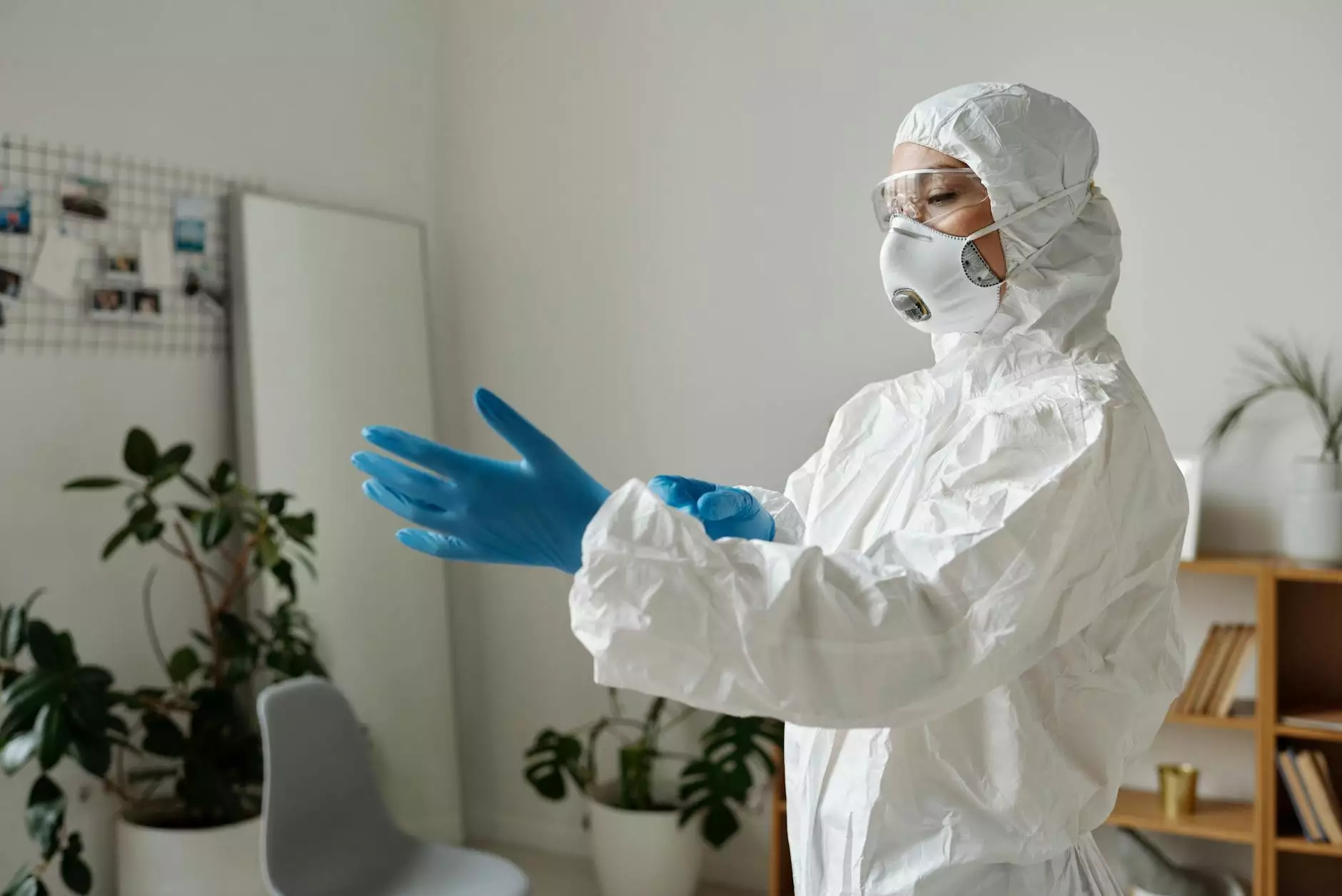The Essential Role of Cancer Treatment Clinics in Modern Medicine

Cancer treatment clinics represent a critical component in the healthcare landscape, focusing on the diagnosis, treatment, and management of cancer. These specialized facilities are equipped with advanced technology and staffed by expert healthcare professionals dedicated to combating the complexities of cancer.
Understanding Cancer Treatment Clinics
At their core, cancer treatment clinics provide tailored treatment plans aimed at addressing the unique needs of each patient. This involves a multidisciplinary approach, where oncologists, nurses, radiologists, and other specialists collaborate to deliver the best possible outcomes.
The Importance of Early Detection
The effectiveness of cancer treatment significantly hinges on early detection. Regular screenings and awareness of symptoms can lead to timely diagnosis, which is pivotal in improving treatment efficacy. Clinics focus not only on treating cancer but also on promoting preventive measures.
Common Treatments Offered in Cancer Treatment Clinics
Cancer treatment clinics offer a variety of treatment options, allowing for individualized patient care. Below are some common treatments available:
- Surgery: Often, surgical intervention is necessary to remove tumors or cancerous tissues.
- Chemotherapy: This involves using powerful drugs to kill cancer cells, often administered in cycles to maximize effectiveness.
- Radiation Therapy: High-energy radiation is used to target and destroy cancer cells, minimizing damage to surrounding healthy tissue.
- Immunotherapy: This innovative approach helps the immune system recognize and attack cancer cells.
- Targeted Therapy: Targeting specific aspects of cancer cells, these treatments aim to block the growth and spread of cancer.
- Clinical Trials: Many cancer treatment clinics offer access to clinical trials, providing patients with cutting-edge treatments not yet widely available.
The Multidisciplinary Approach to Cancer Care
One of the defining characteristics of cancer treatment clinics is their multidisciplinary approach. A team of specialists works together to devise a comprehensive treatment plan. Each team member plays a vital role, ensuring all aspects of a patient's treatment are covered:
- Medical Oncologists: Experts in the use of chemotherapy and other medical treatments.
- Surgical Oncologists: Focused on the surgical removal of tumors.
- Radiation Oncologists: Experts in administering radiation therapy.
- Nurses: Provide ongoing care and support for patients throughout their treatment journey.
- Psychologists and Social Workers: Address the psychological and social challenges faced by cancer patients.
The Role of Technology in Cancer Treatment
Advancements in technology have revolutionized how cancers are diagnosed and treated. Here’s how modern technology enhances cancer care:
- Imaging Techniques: MRI, CT scans, and PET scans allow for precise imaging of tumors, aiding in accurate diagnosis and monitoring.
- Robotic Surgery: Minimally invasive techniques reduce recovery times and complications.
- Telemedicine: Provides patients with remote access to care and consultations, enhancing convenience and continuity.
Patient-Centric Care: A Vital Element
At the heart of every reputable cancer treatment clinic is a commitment to patient-centric care. This philosophy prioritizes the needs, preferences, and values of patients, ensuring they are active participants in their treatment journey.
Support Services in Cancer Treatment Clinics
Effective cancer care extends beyond physical treatment. Support services play a key role in the holistic well-being of patients:
- Pain Management: Addressing pain through various methods to improve quality of life.
- Nutritional Counseling: Ensuring patients maintain healthy diets that can aid recovery and enhance strength.
- Psychosocial Support: Mental health services that guide patients and families through the emotional challenges of cancer.
Choosing the Right Cancer Treatment Clinic
Selecting a cancer treatment clinic can be a daunting task. Here are some factors to consider when making this important decision:
- Accreditation: Ensure the clinic is accredited by recognized medical organizations.
- Expertise: Look for clinics with a strong reputation and experienced staff in your specific type of cancer.
- Technology: Investigate the technology and treatment options available at the facility.
- Patient Reviews: Read testimonials and ratings from former patients to gauge satisfaction.
Insurance and Financial Considerations
Understanding the financial implications of cancer treatment is crucial. Most cancer treatment clinics work with various insurance providers, but it’s vital to confirm coverage details:
- Insurance Coverage: Check what treatments and services your plan covers.
- Payment Plans: Many clinics offer flexible payment options for uninsured patients or those with high deductibles.
- Financial Counseling: Some clinics provide financial advisors to help navigate the complexities of cancer care costs.
Finding Support Beyond Treatment
Cancer treatment is just one aspect of a patient's journey. Support groups and community resources can provide comfort and camaraderie among patients:
- Support Groups: Connecting with others facing similar challenges can be invaluable.
- Online Resources: Websites and forums offer a wealth of information and support.
- Family Involvement: Educating family members about the patient’s needs enhances the support system.
Future Trends in Cancer Treatment
The field of oncology is constantly evolving with new treatment methods and technologies. Innovations on the horizon include:
- Personalized Medicine: Tailoring treatment based on individual genetic profiles and tumor characteristics.
- Artificial Intelligence: Using AI to improve diagnostic accuracy and predict patient outcomes.
- Advancements in Immunotherapy: Developing new immunotherapies that enhance the body’s ability to fight cancer.
Conclusion: The Commitment of Cancer Treatment Clinics
Cancer treatment clinics are more than just healthcare facilities; they are sanctuaries of hope and healing for countless patients and families. Despite the immense challenges posed by cancer, these clinics embody a place where cutting-edge research, compassionate care, and innovative treatments converge to fight against this disease.
With the combined efforts of healthcare professionals, advancements in technology, and supportive communities, cancer treatment clinics play a pivotal role in improving patient outcomes and fostering resilience in the face of adversity.
For anyone facing a cancer diagnosis, seeking care from an accredited and reputable cancer treatment clinic is a proactive step toward reclaiming health and well-being. Rest assured that non-stop efforts by oncologists and medical teams are dedicated to bringing hope through healing.









